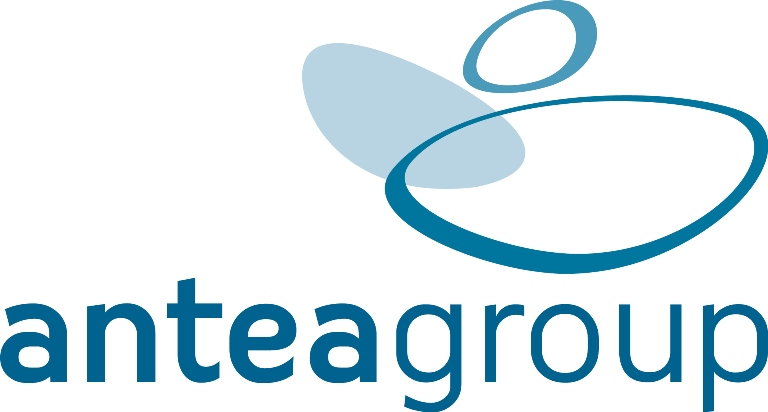Time to Revisit API RP 1173—and Get Ahead on RP 1185

The recent 2025 API Pipeline Conference in Austin was a timely reminder that pipeline safety management systems and stakeholder engagement are still at the heart of the midstream conversation and growing in importance. While the conference spanned five distinct tracks, our Team focused on sessions across the Stakeholder Engagement & Outreach and Operational Excellence tracks. These offered the clearest lens into how companies are evolving both their internal safety systems and external engagement strategies.
What we heard at the conference echoed what we’re seeing across the industry: API RP 1173 and the more recently released RP 1185 are not only relevant but are rapidly becoming essential guides for pipeline operators.
Setting the Stage: API’s Influence in the Energy Sector
Let’s start with the context. The American Petroleum Institute (API) is more than just a technical body—it’s a powerful influencer and standard-bearer for oil and gas operations. Despite the fact that API’s Recommended Practices (RPs) like 1173 and 1185 are not regulatory requirements (yet), they increasingly function as the de facto expectations within the industry. In some cases, API guidance documents serve as the technical basis or are even incorporated by reference into federal or state regulations.
Choosing to align with API practices doesn’t just improve performance, it signals credibility and proactive leadership. It’s one reason why many operators are reassessing and modernizing their existing programs through this lens.
RP 1173: The Core of Pipeline Safety Management
RP 1173, introduced nearly a decade ago, outlines the framework for a Pipeline Safety Management System (PSMS). Built around ten essential elements, including leadership commitment, risk management, and stakeholder engagement, the RP provides the framework to manage pipeline safety while continuously measuring progress and improving safety performance.
Yet despite its maturity, adoption across the industry remains inconsistent. Some operators have fully integrated 1173 into their operations, while others are only beginning to explore its potential.
That’s a missed opportunity.
RP 1173 provides a scalable, structured path forward for improving safety culture, reducing incidents, and ensuring compliance. It mirrors globally recognized management system frameworks like Plan-Do-Check-Act (PDCA), helping companies move from reactive compliance to proactive performance.
Want to learn more? Watch our webinar: Development and Implementation of a Pipeline Safety Management System (API 1173)
RP 1185: The New Frontier in Stakeholder Engagement
Released in March 2024, RP 1185 builds and expands on the stakeholder engagement requirements highlighted in RP 1173 and focuses entirely on external stakeholder (i.e. public) engagement. In today’s environment, where public scrutiny, social license to operate, and community trust are make-or-break factors, RP 1185 provides timely, actionable guidance.
This new RP reinforces a critical message:
Stakeholder engagement is not a check the box exercise—it’s a strategic element of pipeline operations that can be leveraged to promote trust and be beneficial to all parties.
The RP is not intended to duplicate the requirements from 1173, or even API RP 1162 previously published to support Public Awareness Programs, rather it expands on those principles to provide operators with the tools and framework to:
- Integrate and demonstrate management’s commitment to the program,
- Identify historical/current environmental and social injustices or disparities including Tribal or Indigenous Nations within the footprint of operations,
- Understand the various stakeholders and recognition of, as well as tailoring communications to meet specific public literacy levels or limitations,
- Engagement with the full range of stakeholders across all project phases—not just during incidents,
- Develop a multi-faceted communication strategy targeted at establishing (and maintaining) clear communication channels through:
- Face-to-face meetings and gatherings such as site visits, public workshops, and town halls,
- Leveraging digital tools (e.g., sentiment surveys, websites, social media, emergency drills) to further improve transparency and dialogue.
In short, RP 1185 aids operators in the design of a fit-for-purpose engagement management system that complements their existing PSMS. Integration of 1185 allows operators to take control of the narrative early in the stages of a project or prior to an incident occurring, thus preventing misinformation which increased risk or negative consequences.
But there’s a caveat: RP 1185 only works when a robust pipeline safety management system aligning with RP 1173 is already in place and embraced by an organization. Without the foundational safety management system, public engagement often becomes fragmented and ineffective.
What’s in it for You?
Whether you’re already implementing a PSMS or just getting started, here’s why this matters:
- Credibility: API RPs are increasingly recognized as the leading authority across the pipeline sector and the integration of systems, programs, and practices which align with the RPs are considered best practice.
- Preparedness: RP 1173 helps operators proactively manage safety risks while providing the opportunity for continuous improvement and compliance with evolving expectations.
- Community Trust: RP 1185 offers a structured, measurable path for engaging critical stakeholders across the lifespan of an asset, and in a meaningful and mutually beneficial manner.
- Strategic Value: When implemented together, these practices help transition your company from a compliance-only organization to an industry leader and valued member of the communities in which they live and operate.
How Antea Group Can Help
At Antea Group, we’ve supported clients across the pipeline and midstream sectors with the development, implementation, and continued evolution of safety management systems aligned with RP 1173. As 1185 becomes more widely recognized and incorporated across the industry, we also support clients along that journey.
If your organization is looking to align with API RP 1173 or explore how RP 1185 can enhance your stakeholder engagement strategy, reach out to our team of experts today!

